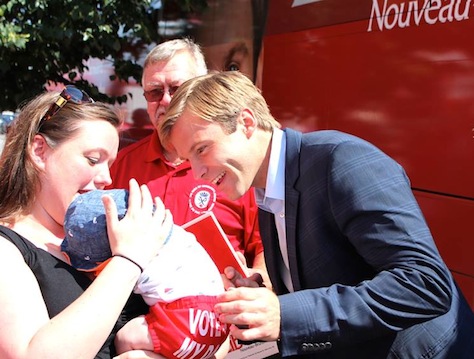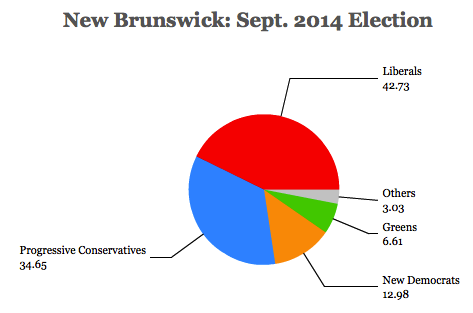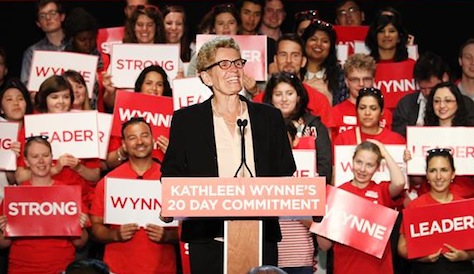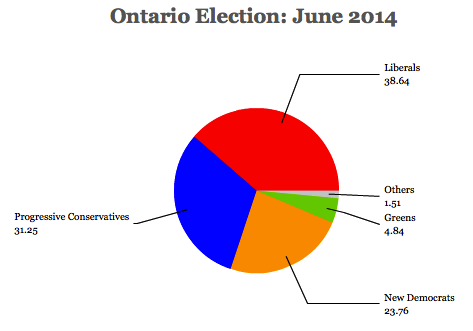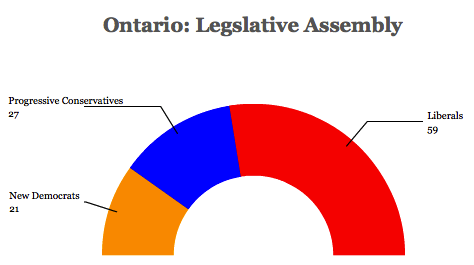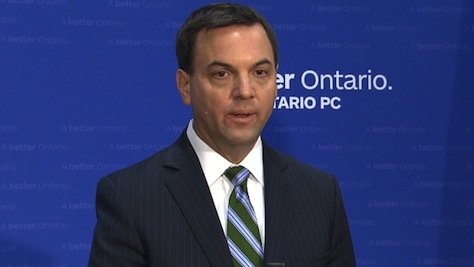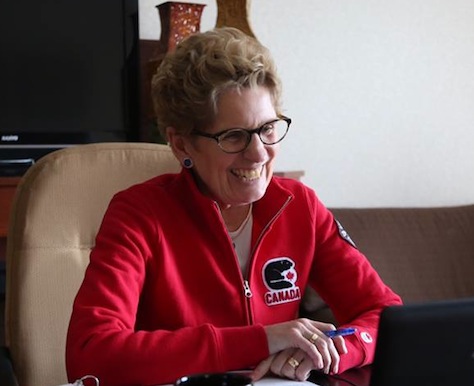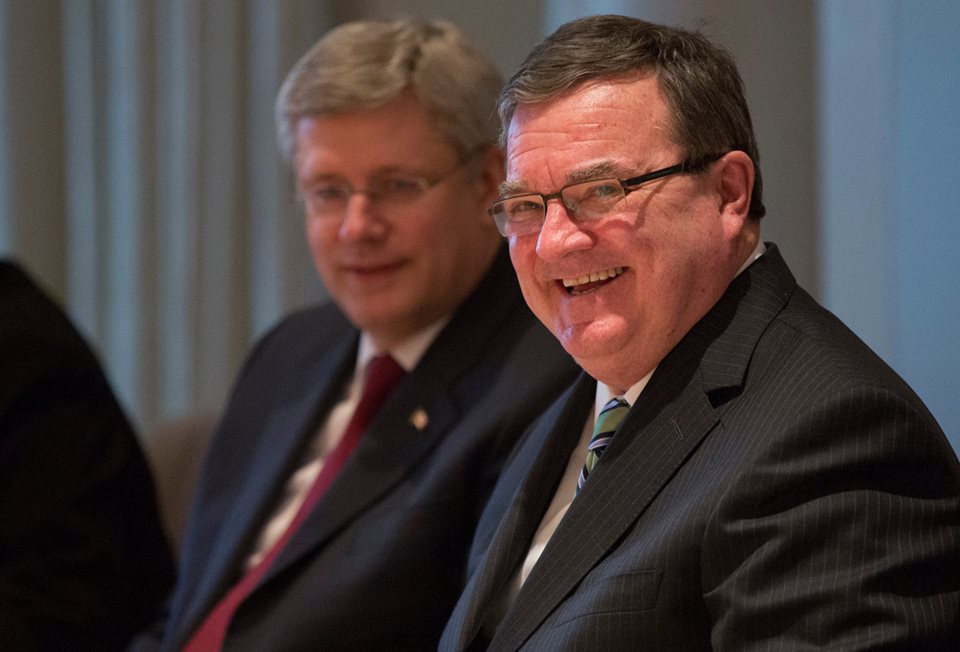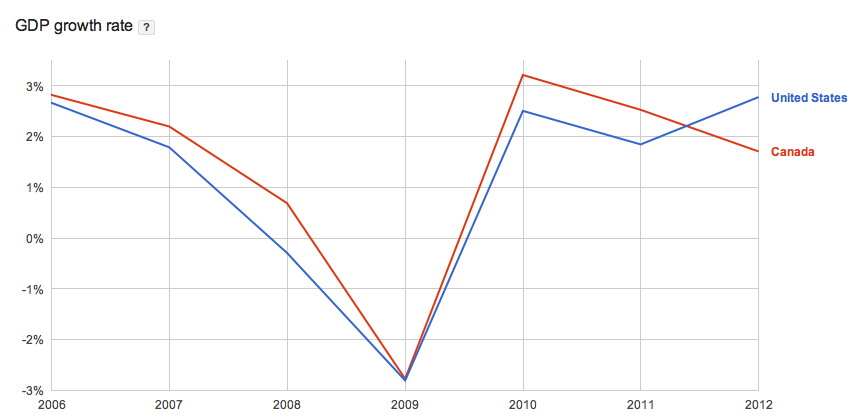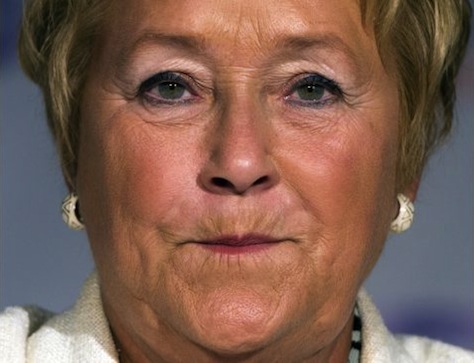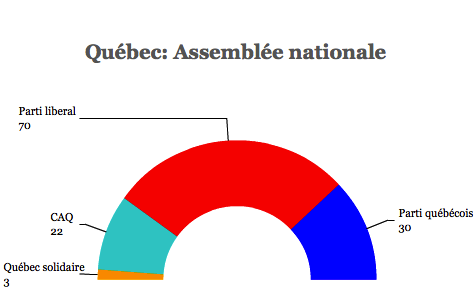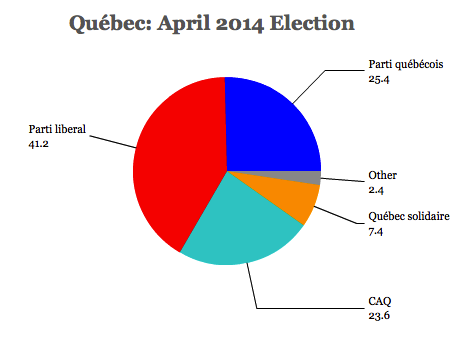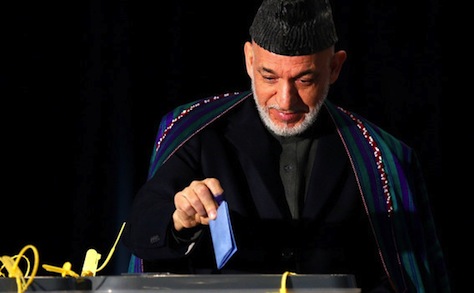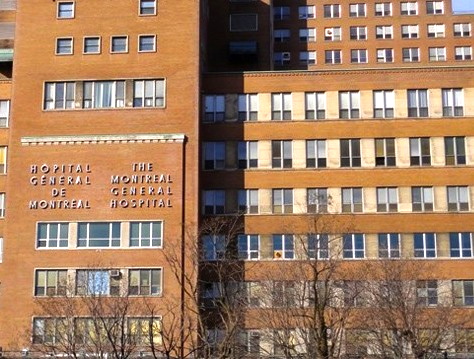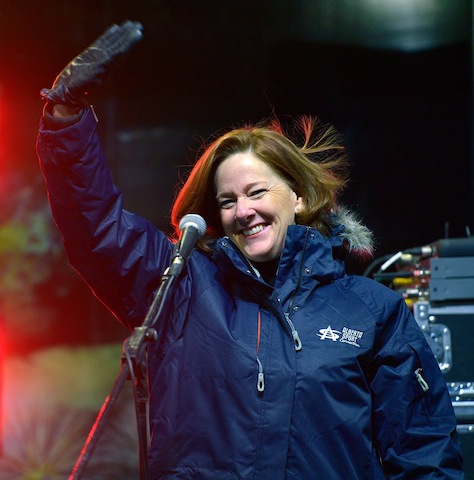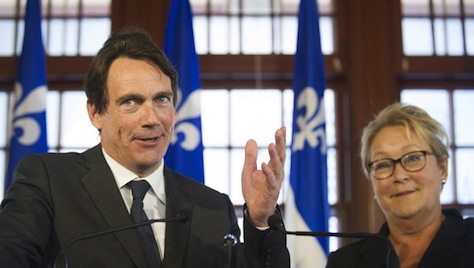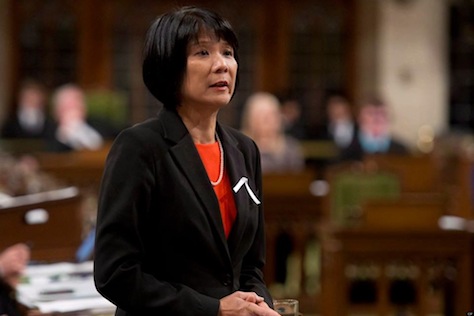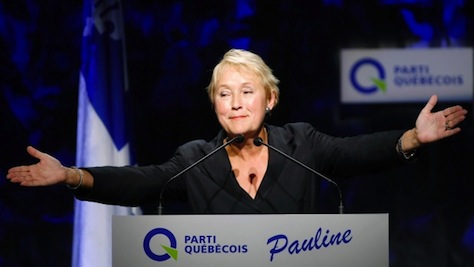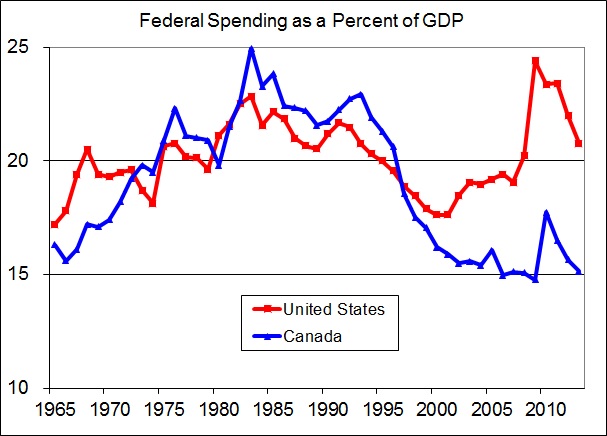The cardinal rule of political prognostication in Canada is that provincial results can provide no guarantee of future performance.![]()
![]()
Nevertheless, Justin Trudeau must be feeling pretty good this week about the Liberal brand throughout Canada, after a strong Liberal victory in New Brunswick, the fourth consecutive Liberal triumph in provincial elections since Trudeau won the federal leadership in April 2013.
The New Brunswick victory follows a rout in Québec, where the Parti libéral du Québec (Liberal Party, or PLQ) won April elections under the leadership of former health minister Philippe Couillard, after just 18 months in opposition. It also follows elections in Ontario, where the provincial Liberal Party won a fourth consecutive term and a majority government under premier Kathleen Wynne in June.
Those follow a landslide victory last October in Nova Scotia and a come-from-behind win by the incumbent Liberals under premier Christy Clark in British Columbia last May.
The Liberal Party last came to power in New Brunswick in 2006 when voters narrowly ousted two-term premier Bernard Lord, oft-mentioned in the early 2000s as a potential Conservative prime minister. But in 2010, voters turned against the Liberals and premier Shawn Graham after an ambitious four-year program designed to improve energy, education and health care.
On Monday, however, New Brunswick’s voters rejected the Progressive Conservatives and premier David Alward. Under the leadership of the 32-year-old Brian Gallant (pictured above), who was just two years old when Trudeau’s father, Liberal premier Pierre Trudeau, left office in 1984, the Liberals have now returned to power. Liberals gained 14 seats to hold a total of 27 in the province’s legislative assembly, to just 21 for the center-right Progressive Conservatives and one for the Green Party’s leader David Coon, a historic breakthrough for a party whose two members of the Canadian House of Commons come from British Columbia.
Gallant, who was predicted to win the September 22 election, despite polls showing a narrowing race in the days leading to the vote, promised to deliver more jobs and better roads and other provincial infrastructure.
All major parties, including the Liberals, supported the Energy East oil pipeline, which would link Albertan and Saskatchewan oil fields to Saint John, New Brunswick’s largest city on the southern coast along the Bay of Fundy. But while Alward vocally championed the development of shale gas exploration and ‘fracking’ within New Brunswick during the campaign, Gallant opposed fracking and, along with the Greens, supports a moratorium on fracking — for now. Continue reading Liberals dominate New Brunswick vote
